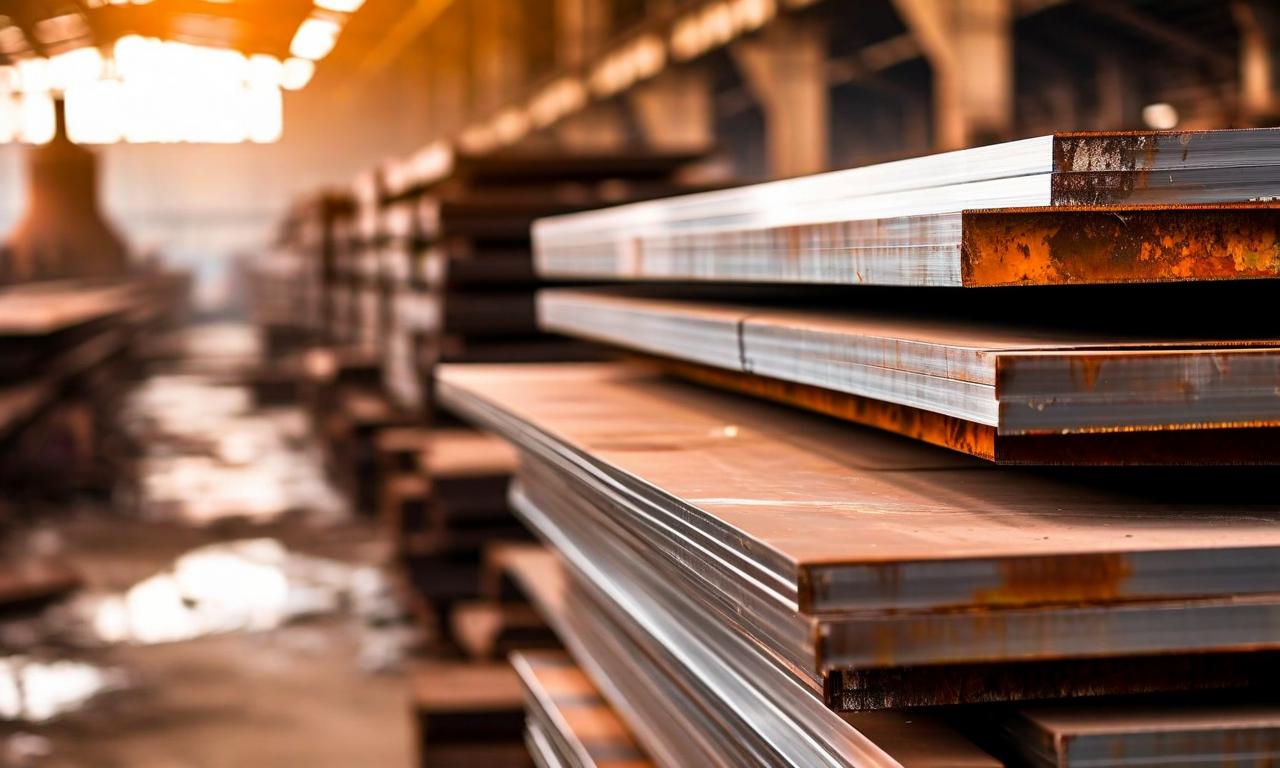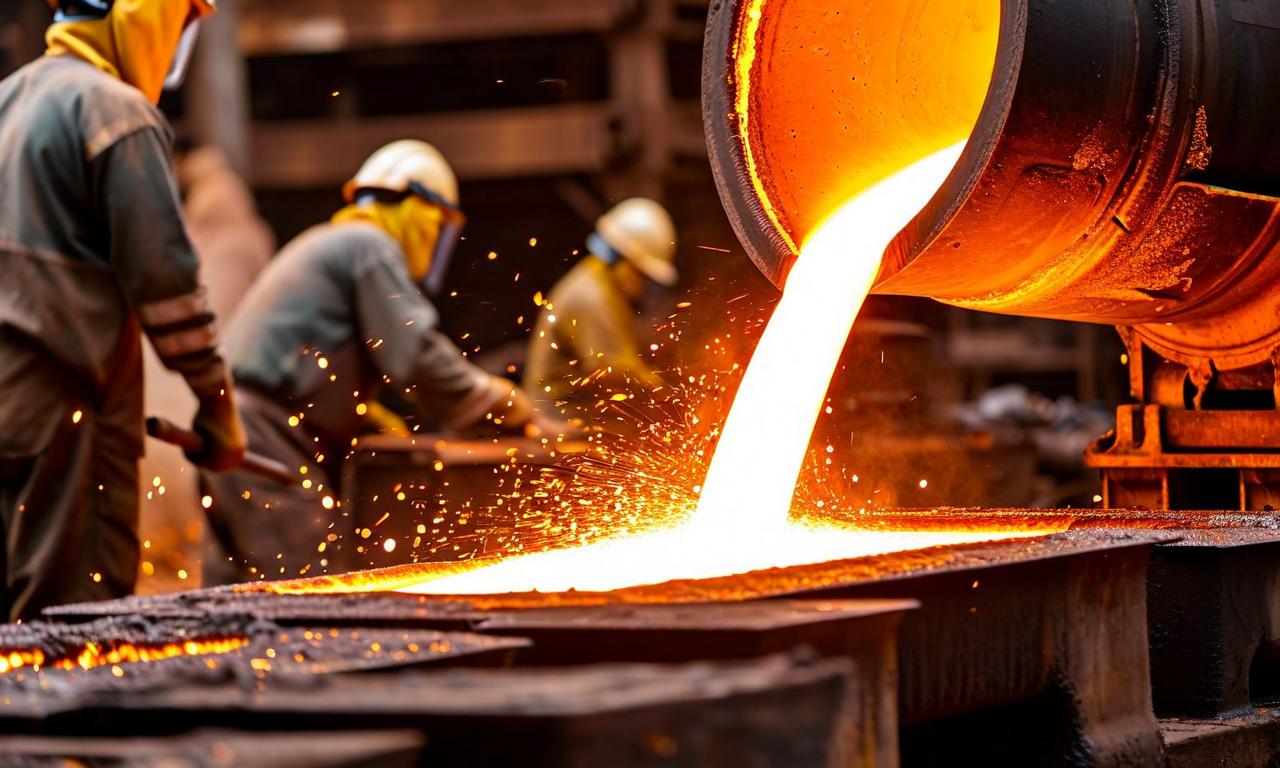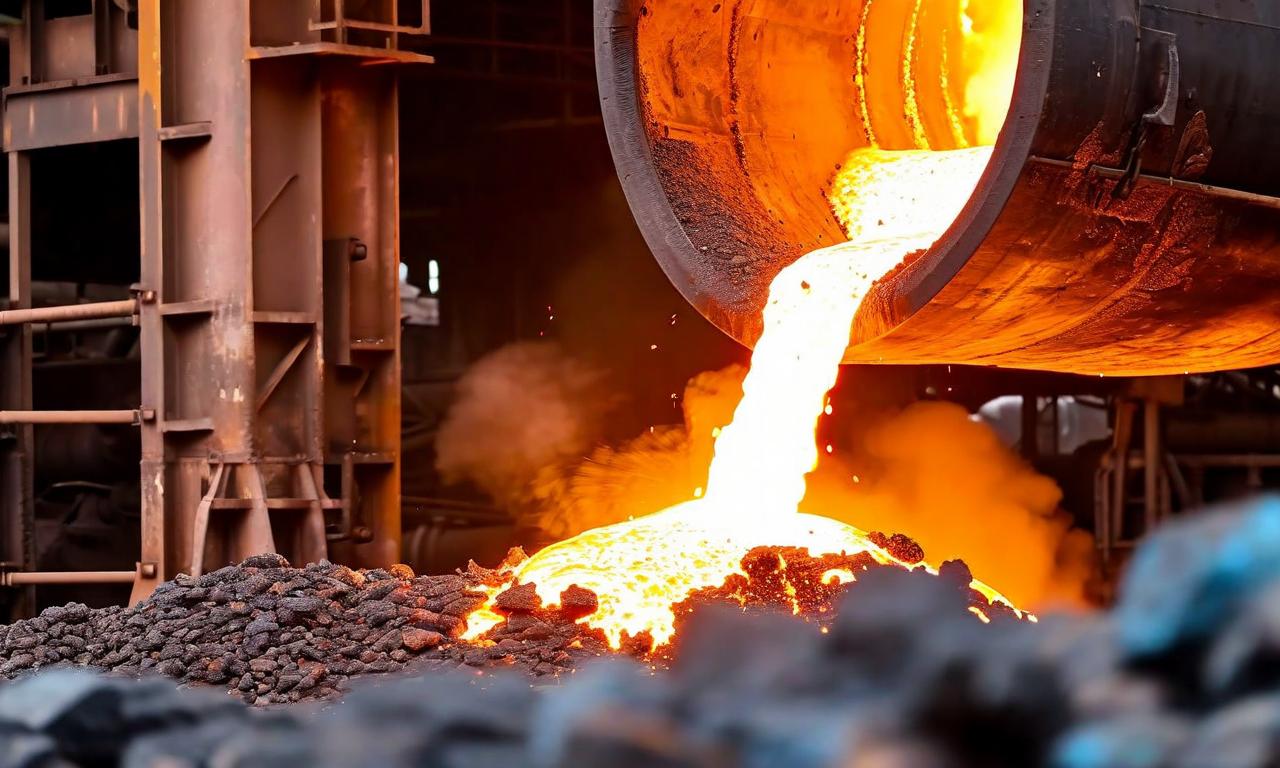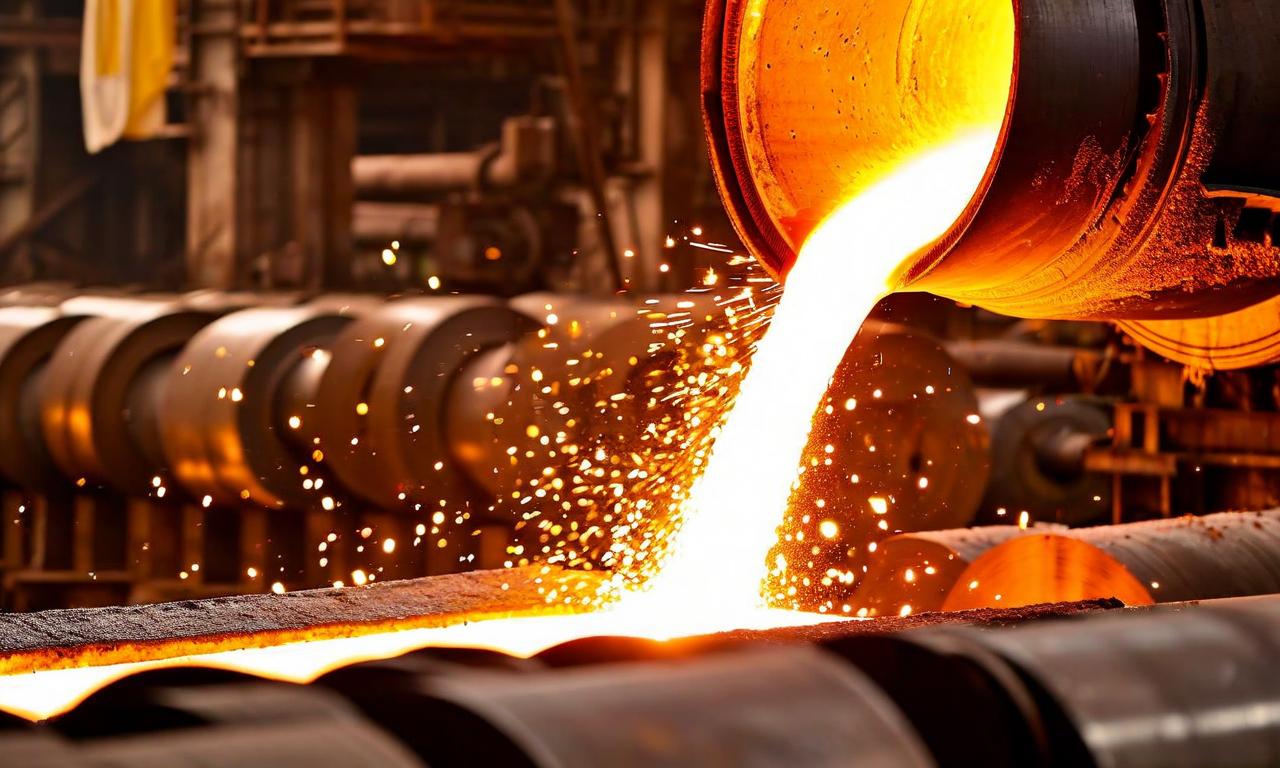Finance Ministry to Implement Gradual Reduction in Steel Safeguard Duties
The Finance Ministry plans to introduce a new structure for safeguard duties on steel imports, as reported by Nuvama. The three-year plan involves a gradual reduction in protective tariffs: 12% in the first year, 11.50% in the second, and 11% in the third. This approach aims to balance protection for domestic producers while gradually opening the market to international competition, allowing the Indian steel industry time to enhance competitiveness.

*this image is generated using AI for illustrative purposes only.
The Indian steel industry is set to experience a shift in protective measures as the Finance Ministry plans to implement a new structure for safeguard duties on steel imports. According to a report by Nuvama, the government has outlined a three-year plan that will see a gradual reduction in these protective tariffs.
New Safeguard Duty Structure
The proposed structure for steel safeguard duties is as follows:
| Year | Safeguard Duty |
|---|---|
| 1st | 12.00% |
| 2nd | 11.50% |
| 3rd | 11.00% |
This stepped approach represents a careful balance between protecting domestic steel producers and gradually opening the market to international competition.
Implications for the Steel Sector
The implementation of this declining duty structure signals a strategic move by the Finance Ministry. By starting with a higher rate and gradually reducing it over three years, the government aims to:
- Provide initial strong protection to the domestic steel industry
- Allow time for local producers to enhance their competitiveness
- Gradually expose the sector to international market forces
This measured approach may help the Indian steel industry adapt to global market conditions while still offering a buffer against sudden surges in imports.
Looking Ahead
As the steel industry prepares for these changes, stakeholders will be watching closely to see how this new duty structure impacts both domestic production and international trade dynamics in the steel sector. The gradual reduction in safeguard duties may also influence investment decisions and strategic planning within the industry over the coming years.
While the exact implementation date has not been specified in the report, steel companies and investors should stay alert for further announcements from the Finance Ministry regarding the commencement of this new safeguard duty regime.


































